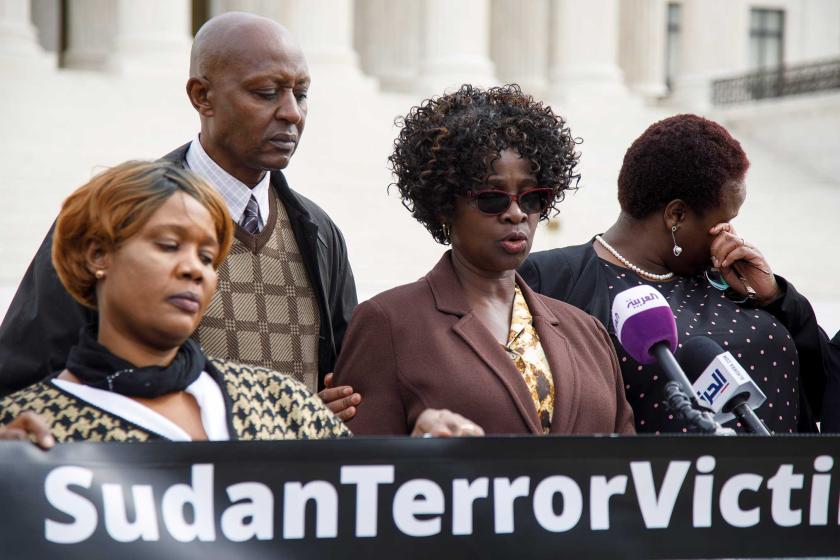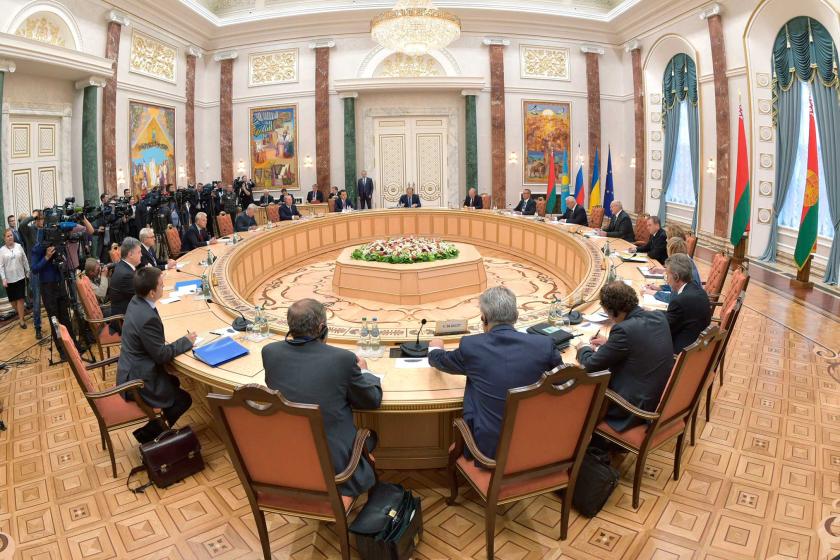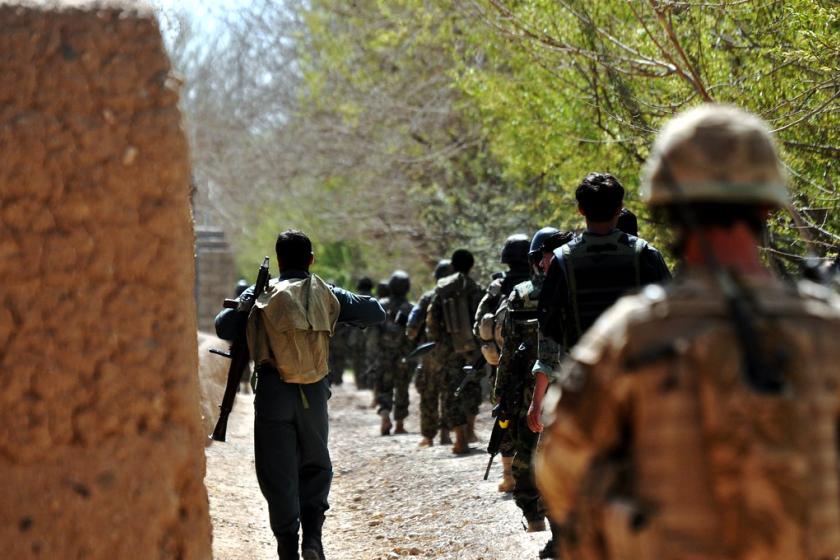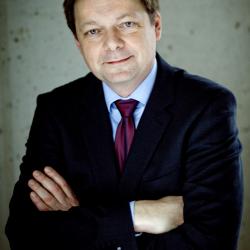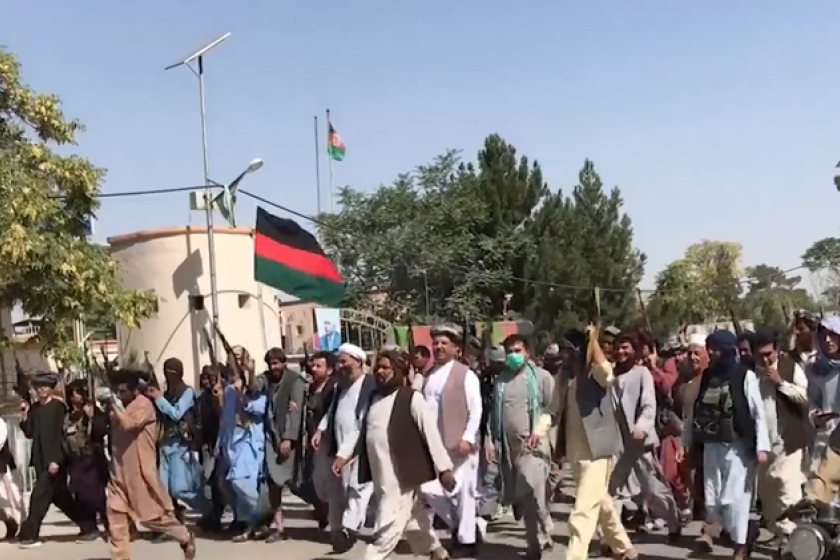Arvid Bell is a scholar-entrepreneur specializing in negotiation strategy, crisis management, complex conflict systems, international security, and simulation design. He is the co-founder and CEO of Anadyr Horizon, a venture-backed predictive simulation company. Built on Agentic Systems Intelligence (ASI) technology, Anadyr Horizon produces high-fidelity simulations of geopolitical decision-making to anticipate escalation dynamics and prevent strategic surprise.
Bell launched the Negotiation Task Force at the Davis Center in 2019 and directed it until 2023, when the initiative transitioned into an independent organization. Under his leadership, the NTF became a trusted provider of research, training, and advisory services to clients in government, military, science, and industry across North America, Europe, the Middle East, and Asia.
A pioneer in negotiation systems design, Bell developed a new class of immersive crisis simulations used globally to prepare leaders for high-risk decisions in crisis environments. He has delivered briefings for institutions including the European Parliament, the United Nations Commission on International Trade Law (UNCITRAL), the International Institute for Counter-Terrorism, and special operations units. His teaching portfolio spans military officers, business executives, human rights advocates, and high school students.
Previously, Bell was a lecturer on Government at Harvard University’s Faculty of Arts and Sciences, where he received the Certificate of Teaching Excellence. He has also held appointments as a research fellow at the Program on Negotiation at Harvard Law School, a visiting scholar at Columbia University and Reichman University, and a research associate at the Peace Research Institute Frankfurt (PRIF). He was a McCloy Fellow with the German Academic Scholarship Foundation and a Millennium Fellow with the Atlantic Council.
His scholarship has appeared in journals including International Negotiation, Negotiation Journal, and International Studies Perspectives, and he co-led the Middle East and North Africa Negotiation Report, a multi-university research initiative focused on conflict systems analysis. Bell currently serves as chair of the executive board of the Arms Control Negotiation Academy (ACONA), a non-resident scholar at the James Martin Center for Nonproliferation Studies, a member of the Scotia Group, and an advisor to both the Conflict Analytics Lab and the Harvard Undergraduate Negotiation Club.
He holds a Franco-German dual master’s degree in political science and international affairs from the Free University of Berlin and Sciences Po Paris, an MPP from Harvard Kennedy School, and a Ph.D. in political science from Goethe University Frankfurt.
Selected Publications
- Aslam, Warisha and Arvid Bell (2025). “Threads of Peace: Leadership and Conflict Resolution in Nested Negotiation Networks,” Negotiation Journal, 41 (1), pp. 128-167.
- Atnashev, Marat and Arvid Bell (2024): “Will a Ceasefire Remain Elusive? Assessing Negotiation Readiness in Russia-Ukraine War,” Russia Matters, Belfer Center for Science and International Affairs, September 25.
- Bell, Arvid and Alexander Nehrbass (2023). “Mapping Pre-Westphalia Europe: Military Alliances, Political Settlements, and Alignments During Armed Conflicts, 1528 to 1648,” Research Data Journal for the Humanities and Social Sciences, 7 (1), 1-12.
- Bell, Arvid, and Dana Wolf (2023). “Decoding Negotiation Systems in the Middle East and North Africa: A Framework for Analysis,” Negotiation Journal, 39 (1), pp. 71-101.
- Bell, Arvid and Dana Wolf (2022): "Is a Ceasefire Agreement Possible? A Negotiation Analysis of the Russia-Ukraine War," Russia Matters, Belfer Center for Science and International Affairs, March 12.
- Bell, Arvid, Alexander Bollfrass, Monica Giannone, Alexander Nehrbass, Taylor Valley, and Dana Wolf (2022). “The Scholar-Entrepreneurial Organization: Lessons in Building an Academic Startup,” Negotiation Journal, 38 (1), pp. 69-92.
- Bell, Arvid and Alexander Bollfrass (2022): "To Hell with the Cell: The Case for Immersive Statecraft Education," International Studies Perspectives, 23 (2), pp. 129-150.
- Bell, Arvid and Taylor Valley (2020): "The Art of Negotiation Exercise Design: Five Basic Principles to Produce Powerful Learning Experiences," Negotiation Journal, 36 (1), pp. 57-72.
- Bell, Arvid, and Tom O’Bryan (2019). “A Puzzle Too Complex? James Baker’s Mediation Mission in Western Sahara, 1997-2004,” HKS Case 2158.0, Harvard Kennedy School Case Program.
- Bell, Arvid and Brian Mandell (2018). "Cognitive Maelstroms, Nested Negotiation Networks, and Cascading Decision Effects: Modeling and Teaching Negotiation Complexity with Systemic Multi-Constituency Exercises," Negotiation Journal, 34 (1), pp. 37-67.
- Bell, Arvid (2014). "The Roadblock of Contested Recognition: Identity-based Justice Claims as an Obstacle to Peace Negotiations in Afghanistan," International Negotiation, 19 (3), pp. 518-542.





